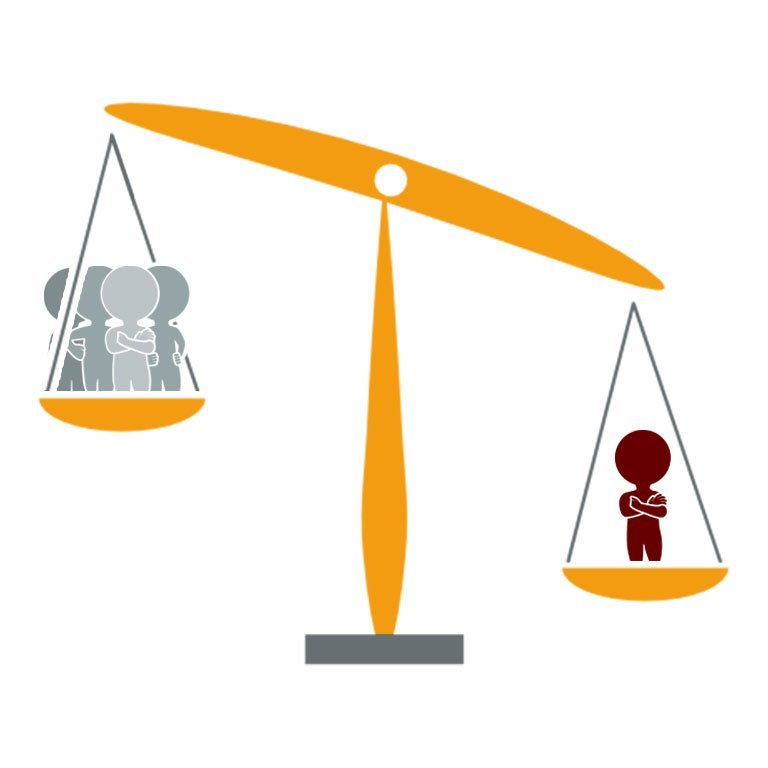“Overnight we went from being a producer of live performance events to a digital content provider.” Those words were from a colleague back in March around the time it became clear the pandemic was more than a few weeks of disrupted event activity. And while those words are uneasy, he was saving the really dark part for effect.
“And we have no f**king idea how to do that.”
Don’t worry, this is an optimistic post.
I promise.
While the crises we’ve faced haven’t been as big, it isn’t as though we are unprepared. In fact, there’s more inspiration around than you may realize.
Case in point, you must absolutely, positively set aside the time to go read this article written by Kelly Leonard.
Leonard walks the user through the way Second City is pivoting from being a national brand that relies heavily on live events to one that leverages digital content delivery (sound familiar?).
What’s genuinely useful here is the way Leonard talks about the company’s artistic medium as a business unit; seamlessly moving from one element to another without ever asking either side of the coin to have less value.
By March 17, [2020] each division — our theatres, our training center, and Second City Works — figured out how and when we could move our business units from live to virtual. This was never a matter of “if.” An improvisational mindset assumes that, if you do enough experiments, you can make the thing that needs to be made. We took our own medicine. In improvisation we say that all of us are better than one of us and that we need to bring a brick, not a cathedral when collaborating to create something new.
What I found especially useful is how Leonard goes from that warm-n-fuzzy 30k view into muddy, boots-on-the-ground practicality.
Our faculty went into action testing out platforms, including Google, Zoom and Skype. We quickly discovered that Google Meet was the most easily accessible platform for our students. Our faculty started sharing discoveries about leading various improv exercises in an online format with each other, talking about what works, what doesn’t, and what exercises could be adapted to fit this new, digital classroom.
Two weeks after ending in-person classes, we’ve been able to retain 85 percent of our current students at the Second City Training Centers.
[…] we dialed up our friends at Zoom, who immediately leapt to help us in any way they could. For instance, a client asked if we could provide a virtual improv show for them, simply as a morale booster for their employees. Another asked us if we could take the live collaboration workshop we were supposed to lead for them in a few weeks and instead deliver that virtually. Of course, we responded with a “yes, and.” The fine folks at Zoom expanded our existing licenses to expand our potential audience to 10,000 people and provided the kind of tech support we needed to move our new ideas forward.
If you personally need a template for moving forward or are looking for something to help establish buy-in among skittish board members and anxious musicians, this will help.
Leonard closes his post with a forward-thinking perspective about just how much good this time can be at doing the one thing performing arts organizations tend to think is impossible: creating a new sustainable earned income revenue stream.
We will always be masterful in our live domain. But now, when we reopen our physical doors, we won’t ever have to shut the new doors we’ve opened when we improvised our way through COVID-19.
If nothing else, isn’t it comforting to think that we’ll have something worth keeping once we’re there and back again?
If you want more insight into everything Leonard is describing in his article, add his Tedx talk to your YouTube Watchlist:


